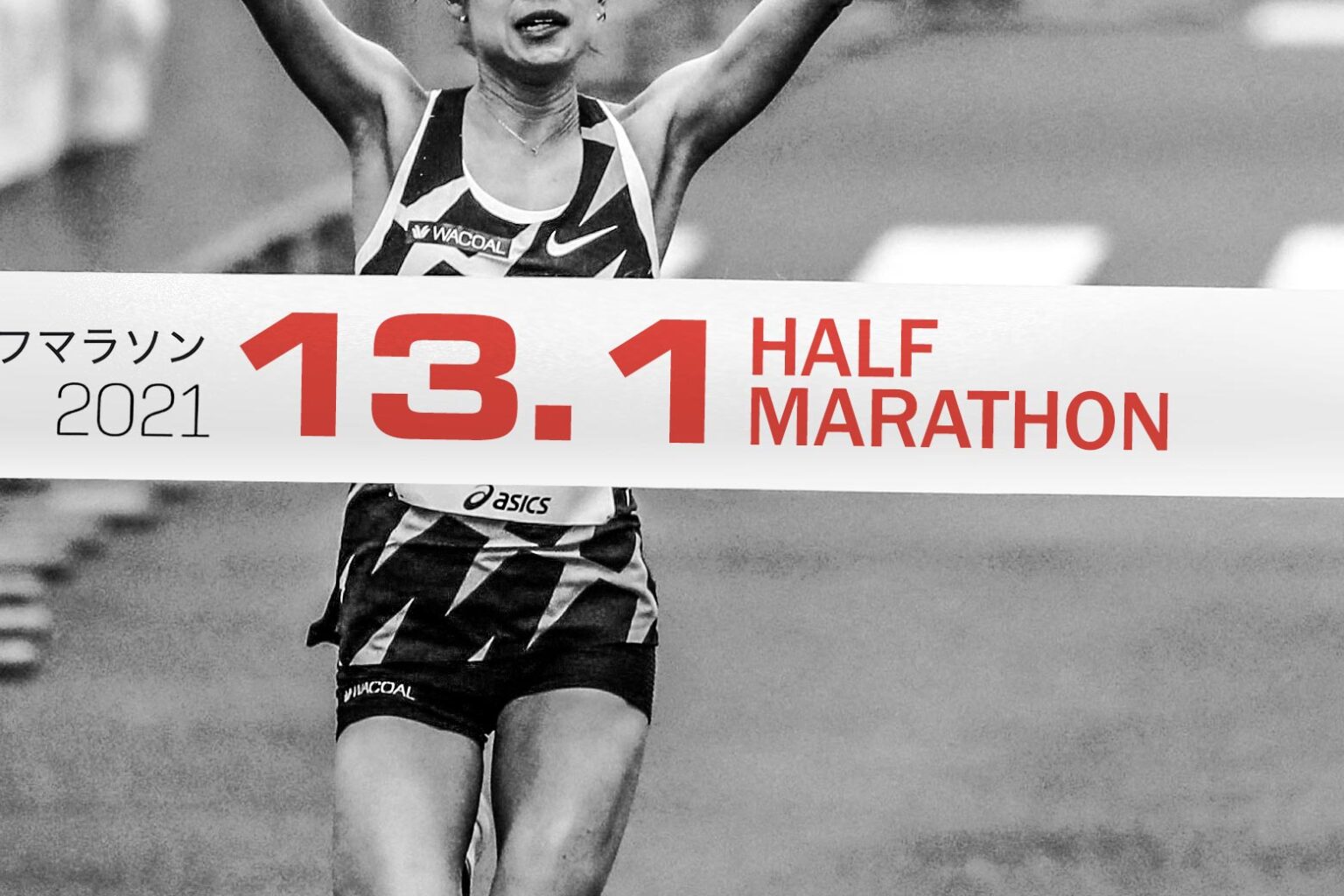The Case for the Half-Marathon at the Olympics
As the Tokyo Olympics prepare to commence, athletes from 339 events are set to showcase their talents on the global stage. However, a notable absence in these Games is the half-marathon, a distance that has gained significant popularity among runners yet remains excluded from Olympic competition.
The Significance of Long-Distance Events
In the realm of long-distance running, the Tokyo Olympics features the 5,000 meters, 10,000 meters, and the classic marathon. The marathon, with its storied history dating back to ancient Greece, notably made its Olympic debut in 1896. This iconic event has inspired many to embrace distance running, as the marathon distance of 26.2 miles remains an aspiration for countless athletes. The 5,000 meters and 10,000 meters races, while familiar among track runners, leave out the half-marathon—a distance that has only recently begun to gain recognition within the running community.
The Unique Challenges of the Half-Marathon
The half-marathon presents a distinct set of challenges that differ from both the 10,000 meters and the marathon. For instance, while the 10,000 meters culminates in a dramatic sprint, the marathon is characterized by a persistent pace interspersed with tactical surges. Elite runners often find their strengths aligned with specific distances; an athlete like Zersenay Tadese excels in the half-marathon yet finds it difficult to replicate that success in the longer marathon race. This disparity highlights the need for Olympic recognition of the half-marathon to allow for a more balanced platform for distance runners to compete at their peak.
Success Stories of Half-Marathon Runners
Several elite athletes exemplify the prowess of half-marathon specialists. For instance, Zersenay Tadese, a four-time Olympian, holds the half-marathon world record and boasts multiple championships at this distance. Similarly, Kenya’s Kibiwott Kandie set the half-marathon world record in December 2020 but will not be competing in Tokyo. American athlete Molly Huddle, who holds the U.S. women’s half-marathon record, withdrew from Olympic trials for both the marathon and 10,000 meters. These examples underscore the potential of half-marathon runners and the opportunity that is missing without Olympic inclusion.
The Increasing Popularity of the Half-Marathon
The surge in popularity of the half-marathon is evident, particularly in the U.S., where participation rates have skyrocketed from 900,000 finishers in 2008 to over two million in recent years. In comparison, marathon participation has seen modest growth. Notably, women have been at the forefront of this trend, comprising 60% of U.S. half-marathon finishers in 2019. Including the half-marathon in the Olympics would not only celebrate this rising popularity but also provide a platform for spectators to witness the incredible times elite athletes can achieve in this distance.
Addressing the Need for Inclusivity in Running
The exclusion of the half-marathon from the Olympics signals possible biases within the running community. While the focus has largely been on the marathon and shorter distances, the half-marathon’s distinct challenges and skill requirements merit equal visibility. The logistical aspects of hosting a half-marathon alongside other events are manageable, as evidenced by countless running races worldwide. Inclusive representation in Olympic events can promote wider participation in the running community, enriching the sport for both athletes and fans alike.
Conclusion: A Call to Action for the Half-Marathon
In reflecting on the half-marathon’s distinct place in the distance running landscape, it’s clear that this event deserves its moment in the Olympic spotlight. The distance poses unique challenges that captivate fans and inspire runners across the globe. For over two decades, I have come to appreciate the grit and determination that half-marathoners exhibit, as well as the skill involved in mastering a distance that requires both speed and endurance. As the Olympic Games progress, it is high time that the half-marathon receives the recognition it deserves, allowing athletes to chase Olympic glory in an event that truly reflects their capabilities.
